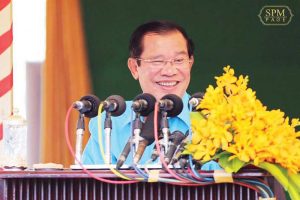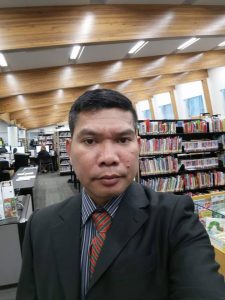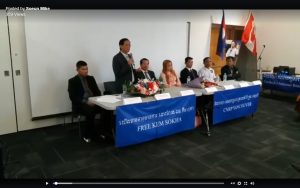An open letter to Hun Sen by Phnom Penh Post
Dear Prime Minister,

You say your recent actions are to avoid the repeat of Cambodia’s tragic history. However, your actions may ultimately lead to the repeat of that tragic history. You see the dangers posed by others, but yet you disregard the dangers you are creating for your own nation and people. You have condemned your predecessor’s dependency on a foreign power, which led to Cambodia’s genocide. Yet, you chose to follow the footsteps of your predecessors by creating a dependency on another foreign power. With your recent actions, you have disregarded the friendly hands of Western nations that would have mitigated Cambodia’s dependency and have instead allowed Cambodia to fall into the open arms of China.
You are about to place Cambodia into such a tight corner that when China sneezes, all of Cambodia will feel it. And if war breaks out between China and our neighbours over the Spratly Islands, you can be sure China will be knocking on Cambodia’s door asking Cambodia to return the favour (ie, perhaps to become its military base).
For centuries, Cambodia has been dependent on one foreign power in one form or another (Thailand, Vietnam, France and the United States), and you have continued this terrible legacy by adding China to this list. The disastrous consequences of your decisions today probably won’t be felt by you, but it will be paid for by future generations to come.
To maintain your definition of peace and stability, you have chosen to divide Khmers and create an environment for them to fight one another. You have chosen to silence a large portion of your people by imprisoning their elected representative. Let it be known, prime minister, there is no stability when you choose to silence and divide your people.
You once again walk in the wrongful path of your predecessors by choosing oppression over engagement and the spirit of compromise. And, like your predecessors, you will leave the next generation with a broken and divided nation. Your failure to unite and heal the hearts and minds of your people will forever haunt your legacy.
Prime minister, it is not too late for you to become a leader that represents all Khmers (present and future), your love for Cambodia must be more open, your vision for Cambodia must include the generations to come and Cambodia must be a friend to all nations. Most important of all, Khmers do not need to step on one another to succeed as a nation.
On behalf of the future generation,
Best,
Ms Ratha Panh,
A staffer at an international development organisation.



 Cambodian politics reached a new boiling point with the arrest of the opposition leader last week. Kem Sokha was handcuffed in the middle of the night in his house and accused of “treason” by the government.
Cambodian politics reached a new boiling point with the arrest of the opposition leader last week. Kem Sokha was handcuffed in the middle of the night in his house and accused of “treason” by the government.
